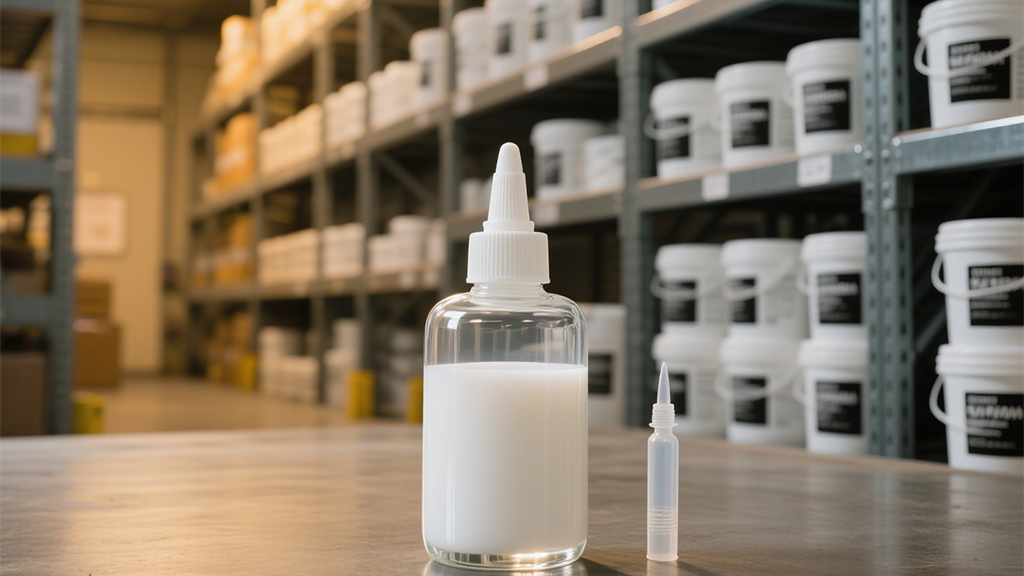Waterbased acrylic pressure sensitive adhesive performance is defined by a combination of key properties—tack, peel strength, shear resistance, flexibility, and durability—that determine its effectiveness in bonding applications across industries such as packaging, medical, and automotive. Tack, the initial stickiness, ensures immediate adhesion to substrates upon contact, measured via probe tack tests to evaluate how quickly the adhesive forms a bond. Peel strength, the force required to remove the adhesive from a substrate at specific angles (90° or 180°), indicates long-term bonding reliability, with values adjusted for applications (low for removable labels, high for permanent bonding). Shear resistance measures the adhesive’s ability to withstand static loads over time, critical for preventing slippage in applications like automotive trim or heavy packaging. Flexibility allows the adhesive to conform to irregular surfaces and accommodate thermal expansion/contraction, avoiding cracking or delamination. Durability encompasses resistance to environmental factors: heat resistance ensures performance in high-temperature settings (e.g., engine compartments), cold resistance maintains adhesion in freezing conditions (e.g., frozen food packaging), and UV resistance prevents degradation in outdoor use. Chemical resistance protects against oils, solvents, and moisture, vital for medical tapes or industrial labels. Additionally, performance includes clean removability (no residue) for temporary applications and long-term stability (no yellowing or hardening) for extended-use products. These properties are optimized through formulation adjustments, such as monomer ratios, crosslinking levels, and additive selection, ensuring the adhesive meets specific application demands, from delicate medical skin contact to rugged industrial bonding.
